This is a report on the coronapanic level in Panama observed during a February 2023 visit.
One of the first sights stepping off our Royal Caribbean ship was a mask directive in the duty free shop:
Walking outdoors in the sunshine near the canal:
Two years after coronapanic began, compliance with these indoor and outdoor directives was spotty. Note the chin diapers on the supermarket employees below, for example, and on a gal in an ice cream shop.
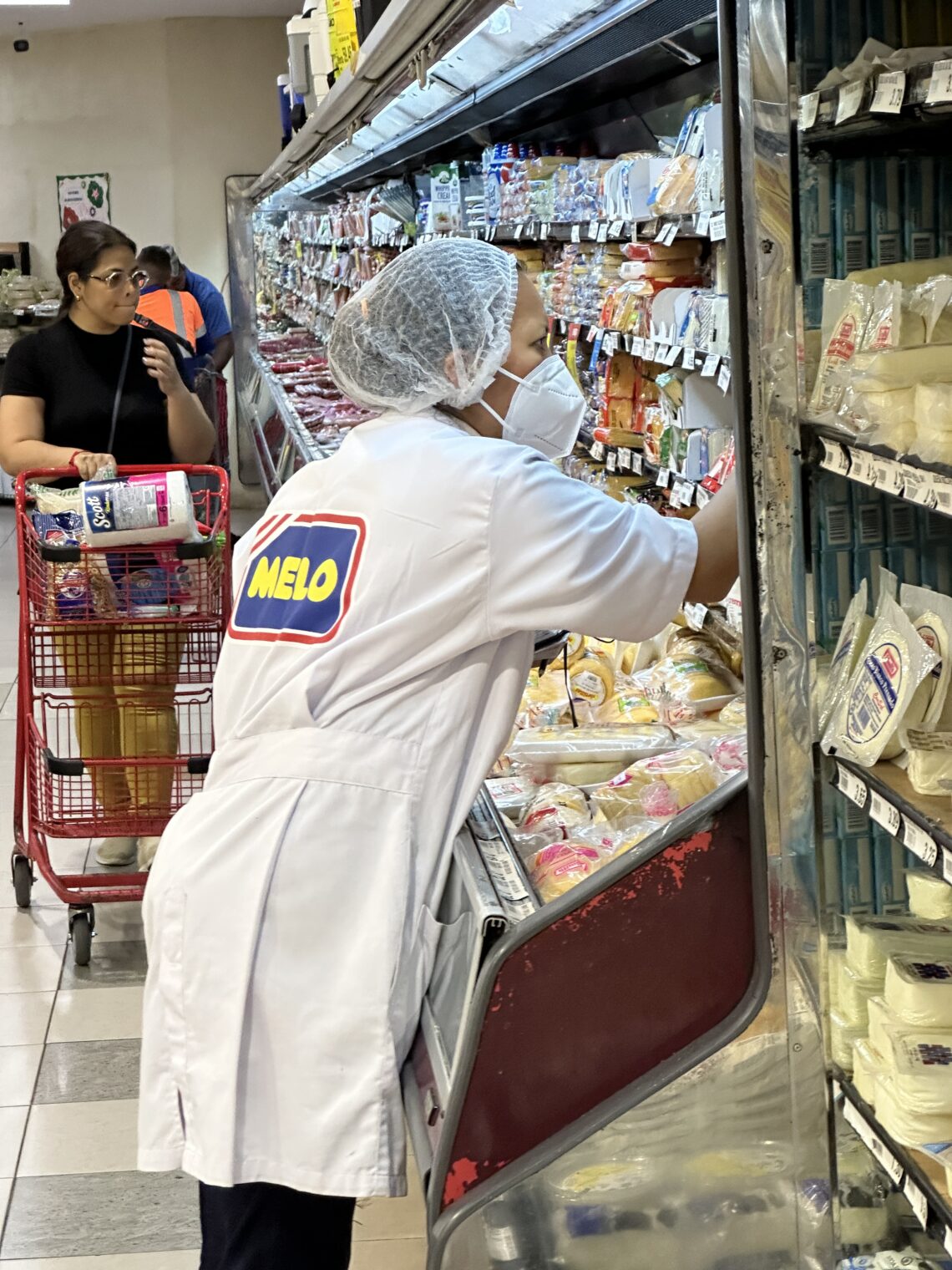
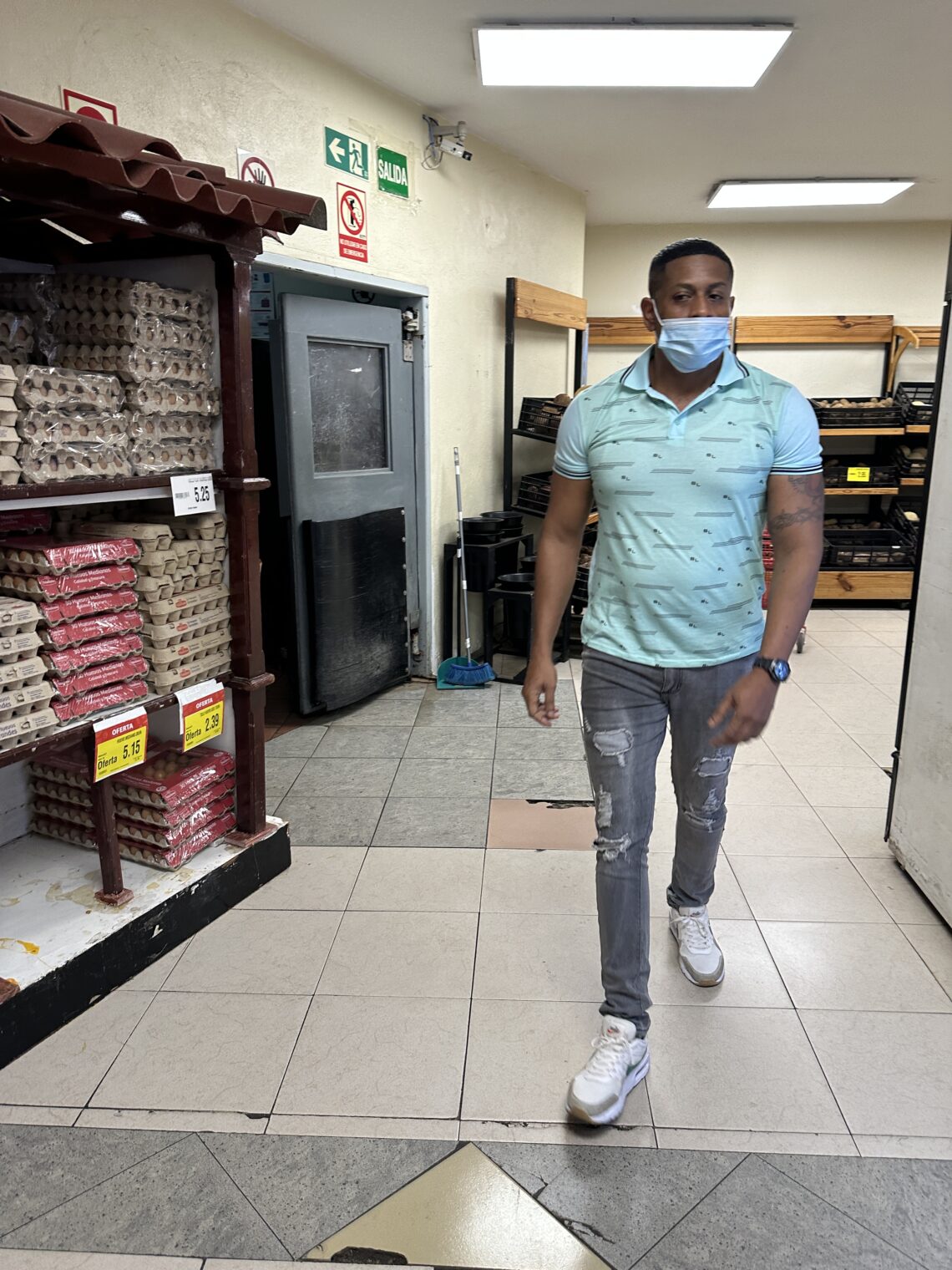

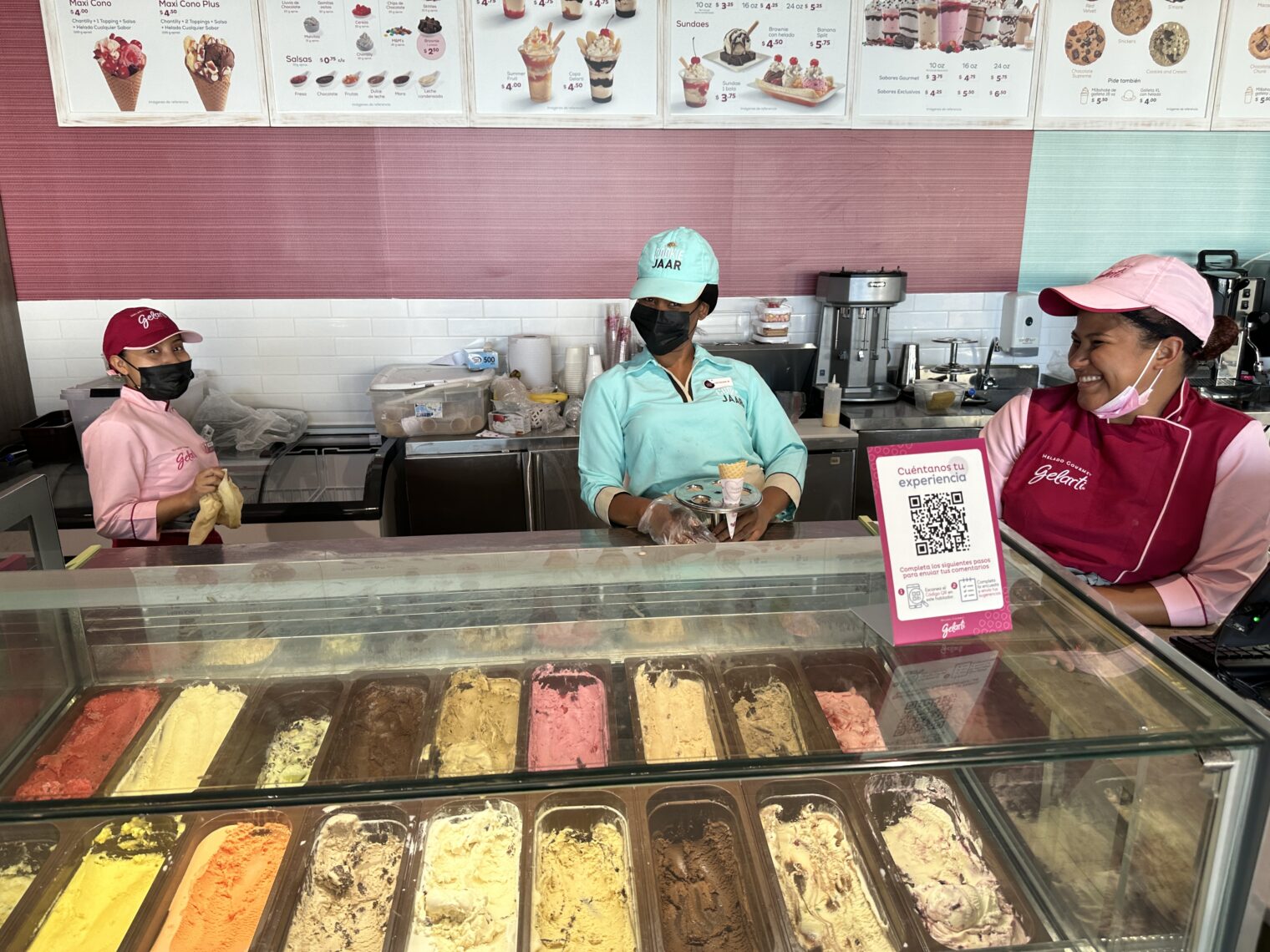
How devoted to Faucism was Panama? See “Panama’s Gender-Based Lockdown and the Resilience of Transgender Activism” (hrw.org):
On April 1, 2020, the government of Panama introduced a gender-based lockdown in response to the Covid-19 pandemic. This meant that women and men were only allowed to do essential shopping on alternate days. … An unintended consequence of this measure was that police and private security guards began to single out transgender people for profiling for being out “on the wrong day.” In some cases, they arrested and fined trans people, or prevented them from buying essential items like food and medication. These cases of discrimination occurred when security agents’ visually identified trans people, or after they checked the sex marker on their national identification cards.
Panama was celebrated by the United Nations for its California levels of school closure (more than one year). What were the results achieved by locking up the trans shoppers, kicking kids out of school for 1.5 years, forced masking, and coerced vaccination? Panama ended up with a slightly higher COVID-tagged death rate than no-lockdown, no-mask, no-school-closure Sweden (statista).
What if a Panamanian emerged from his/her/zir/their bunker having survived COVID? Our guide explained that Panamanians pay roughly 20 percent of income in tax. “That covers retirement and health care,” she said. “There is no property tax and you don’t have to pay anything when you go see the doctor.” A tourist from Canada asked if there were long waits to see doctors. “Oh yes,” the guide responded. “Sometimes you have to wait for two weeks.” Women retire at 57, men at 62, and police after 25 years of work (age 43 if they start at 18). Life expectancy is almost the same as in the U.S. (ranking), about 82 for women and 76 for men. Thus, women enjoy 11 additional years of retirement compared to men (5 years from the younger retirement age and 6 years from the longer life expectancy).
One mystery is how the life expectancy in Panama can be comparable to what we have here in the U.S. We are informed that abortion care for pregnant people is life-saving health care. The U.S. is the world’s abortion care capital. By contrast, “Abortion in Panama is illegal except in instances that the pregnancy is life-threatening or the health of the woman is at risk, or if the pregnancy is the result of rape or incest. … The punishment for a woman who has an illegal abortion is one to three years in prison. The punishment for a doctor or other person who provides the procedure with the woman’s consent is 3 to 6 years in prison.” (Wikipedia) If abortion care is rare in Panama, how are Panamanians able to live just as long as Americans?
(Also, if Californians boycott U.S. states where abortion care is not available through 37 weeks, as pregnant people will find in Maskachusetts, why aren’t Californians boycotting Panama, including tourism and the purchase of products that have made the expensive trip through the Canal?)
Panama is an underrated tourist destination. The wildlife is as interesting as in Costa Rica. The historic old city, a UNESCO World Heritage site, is a lot more pleasant than Cartagena. Everything is easier for the traveler because the country is so much richer than these neighbors. Let’s have a look at the old:
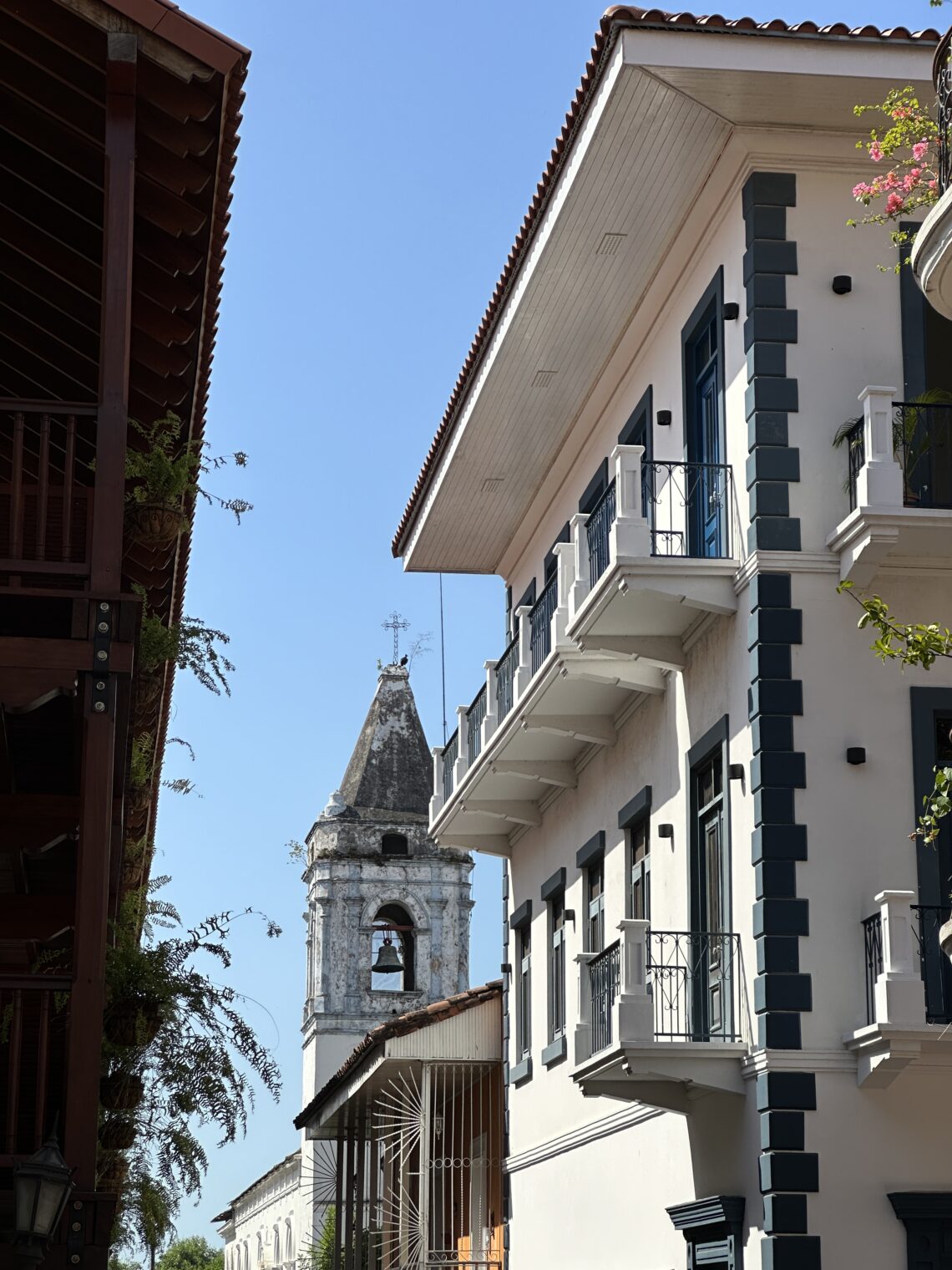
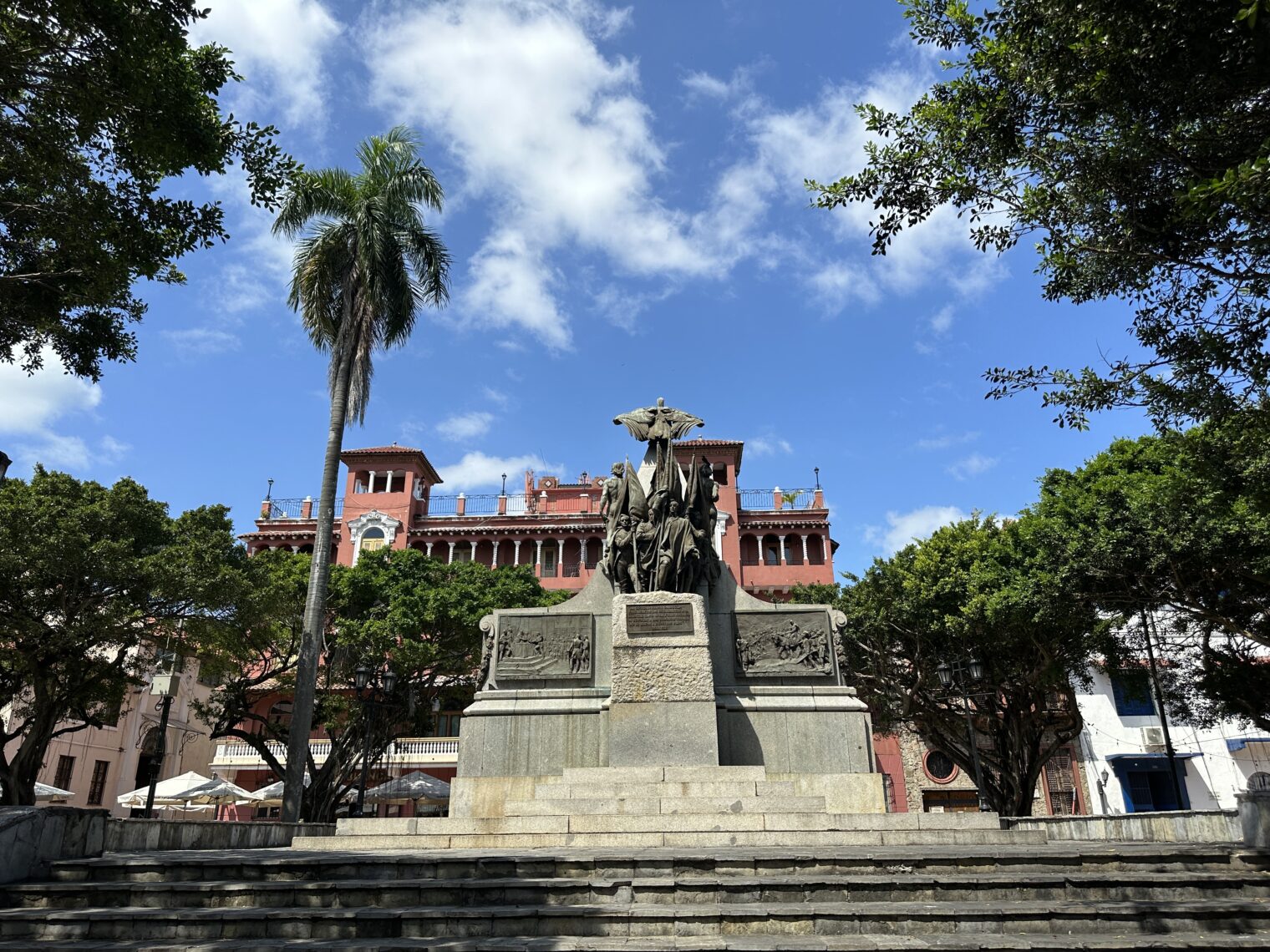
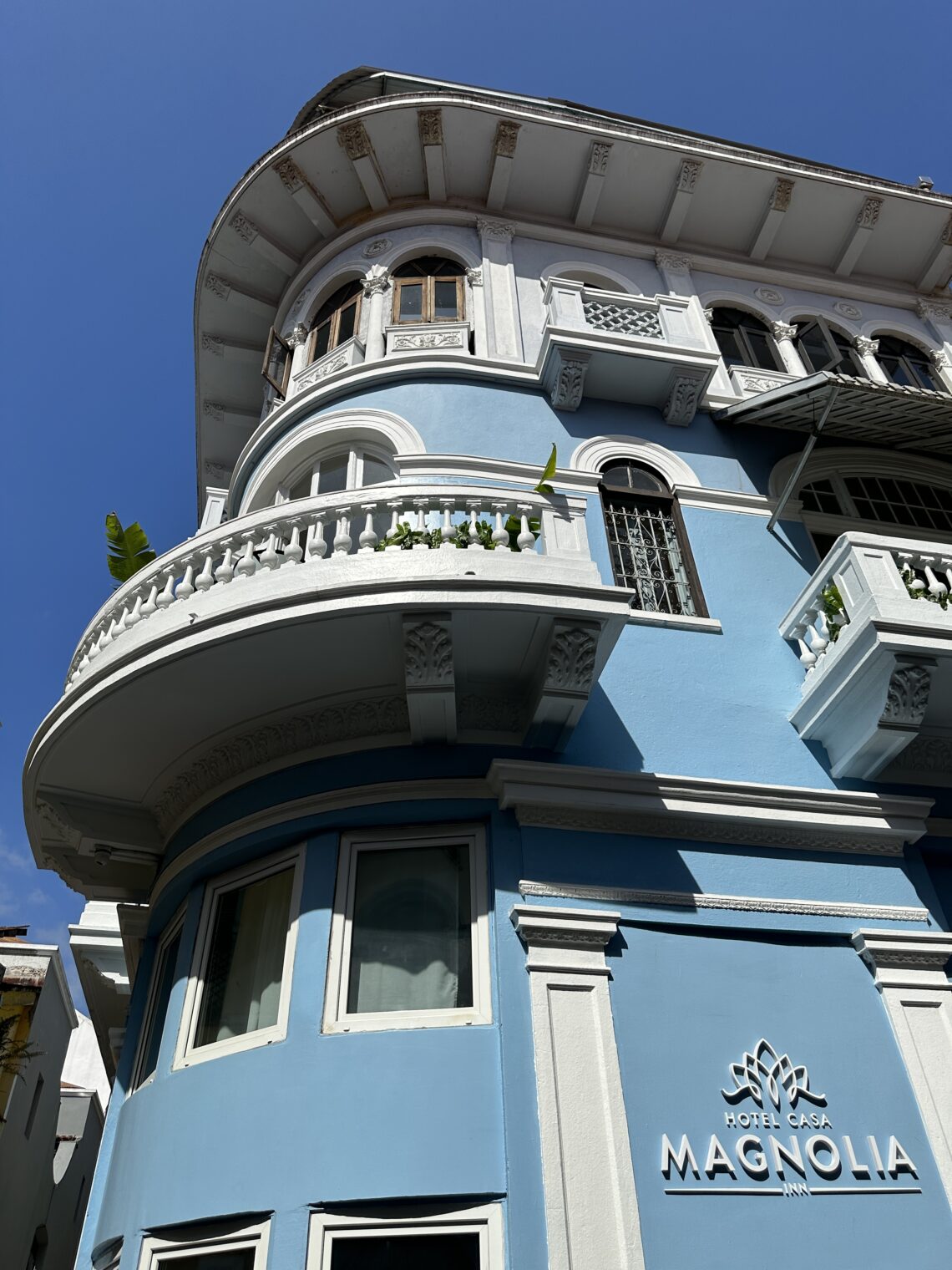
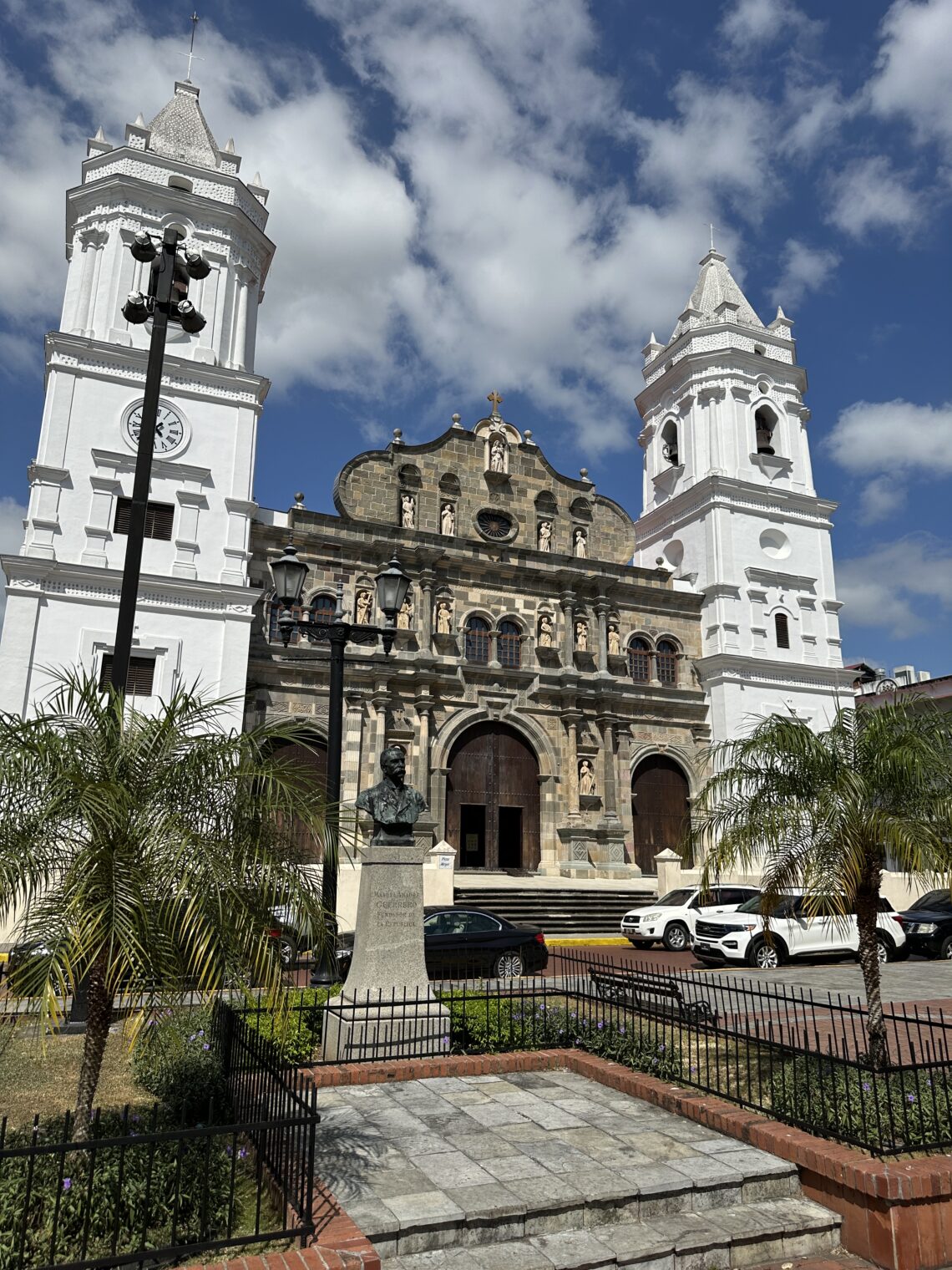
Some fancy church interiors:
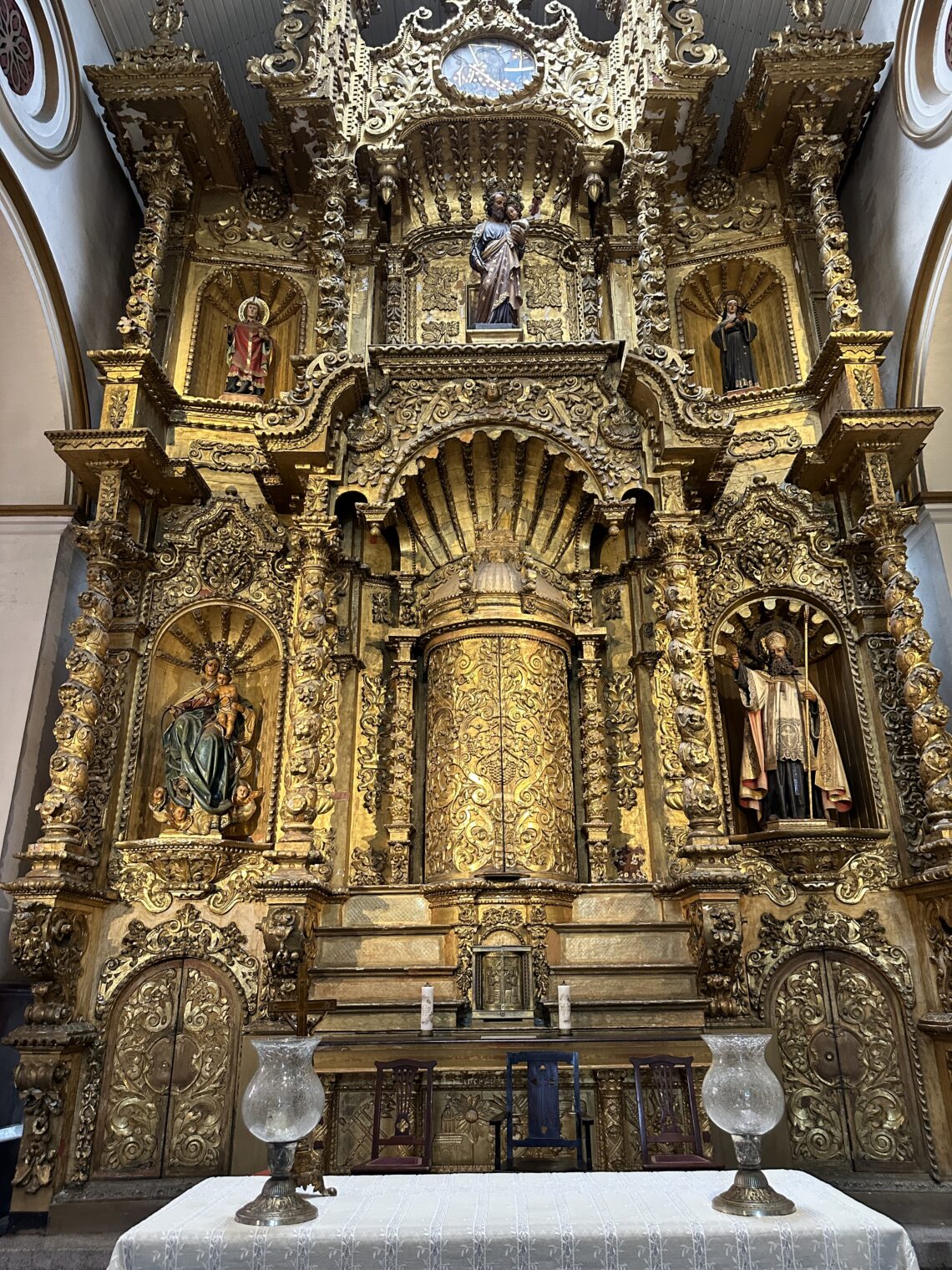
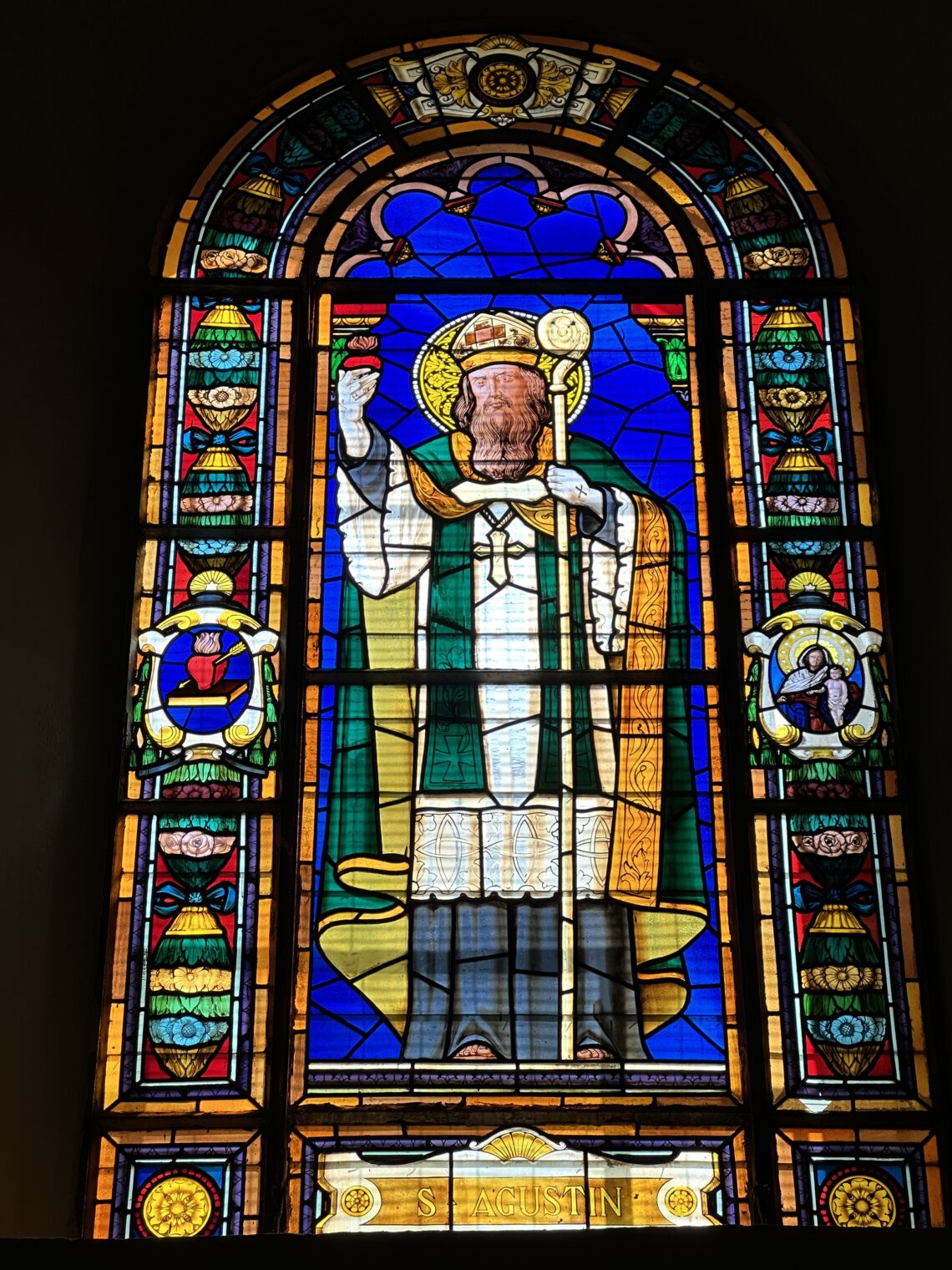
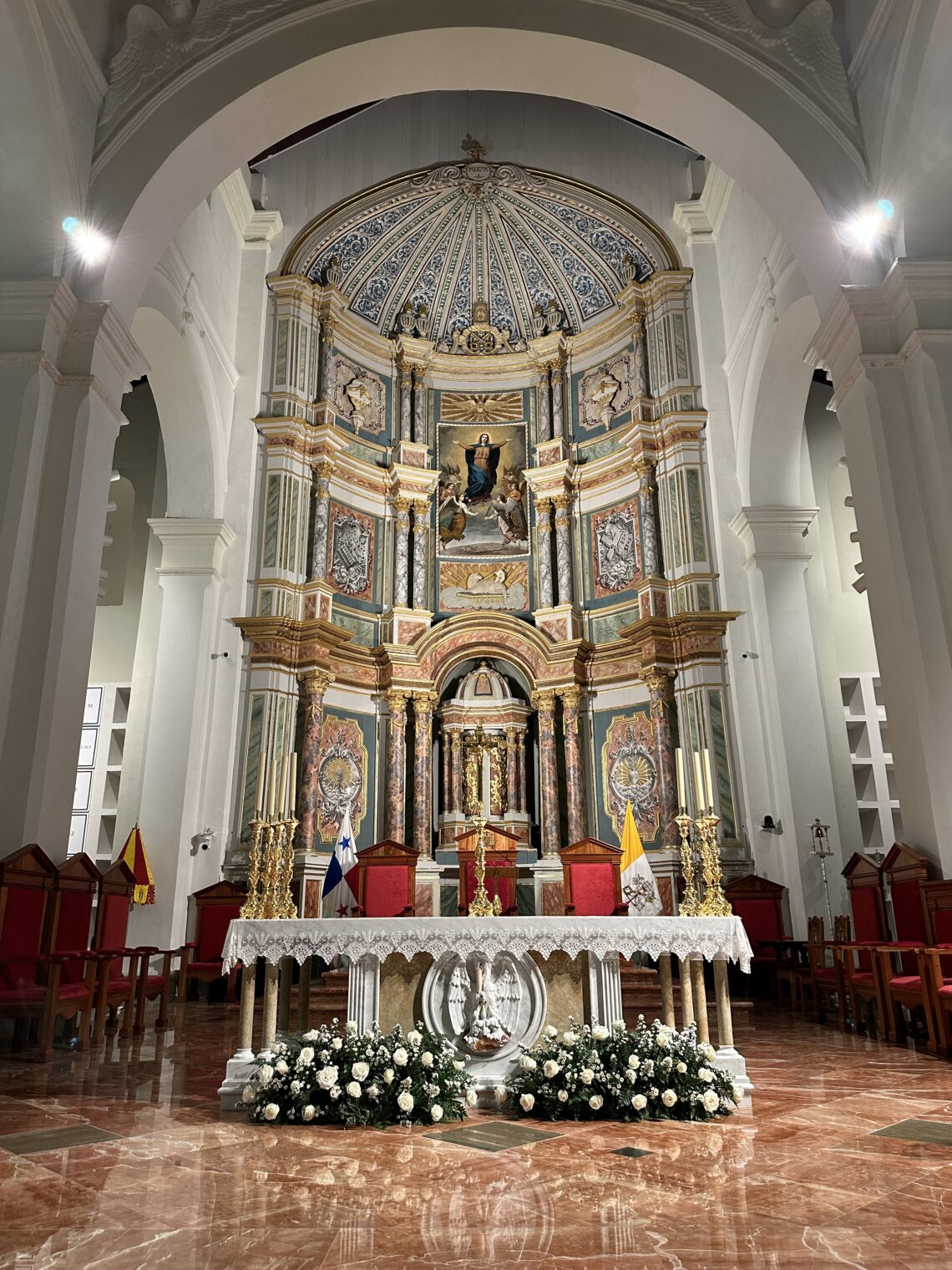
The “latino style” shop:
(I stopped in to ask directions to the Latinx style shop.)
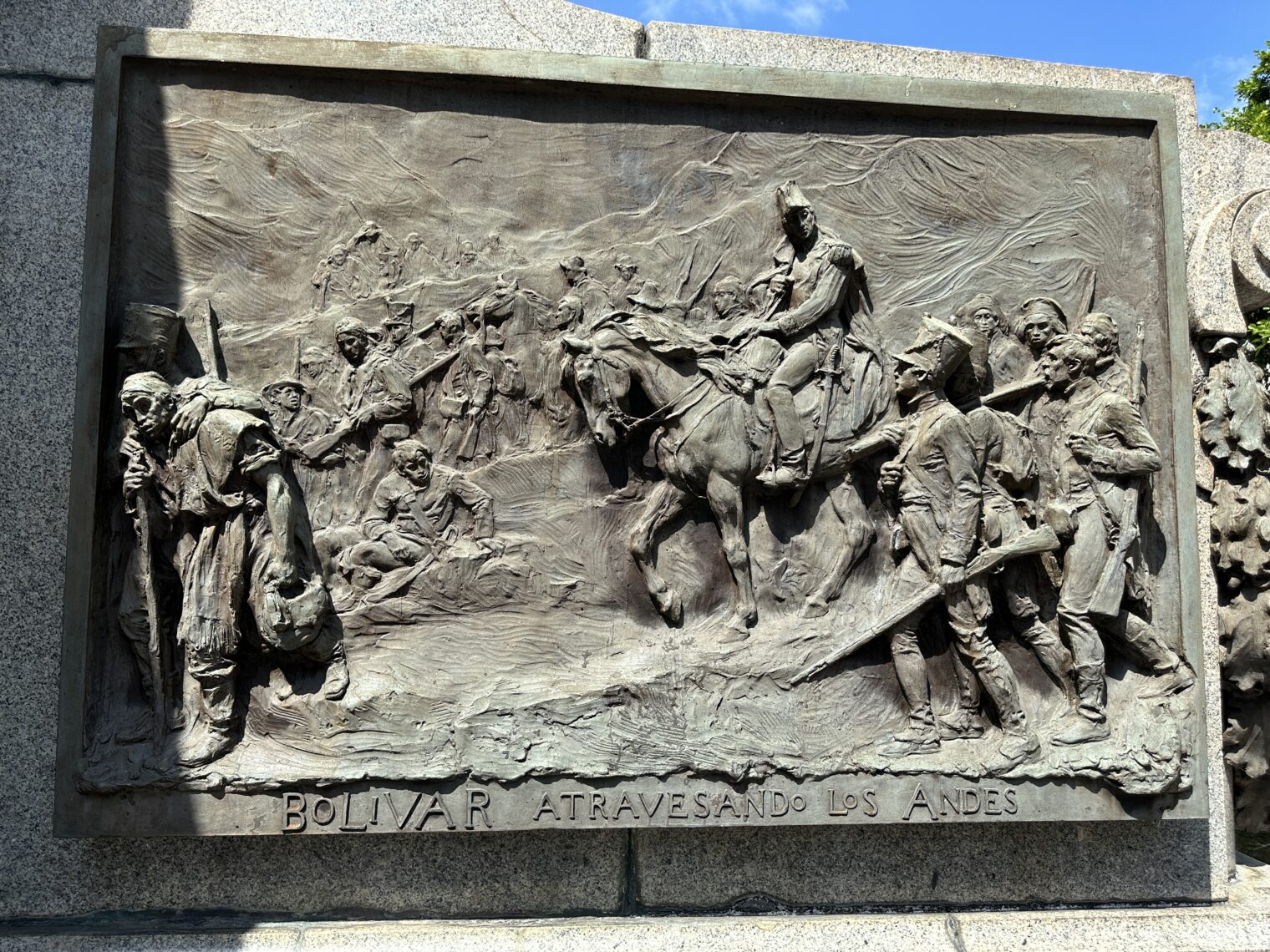
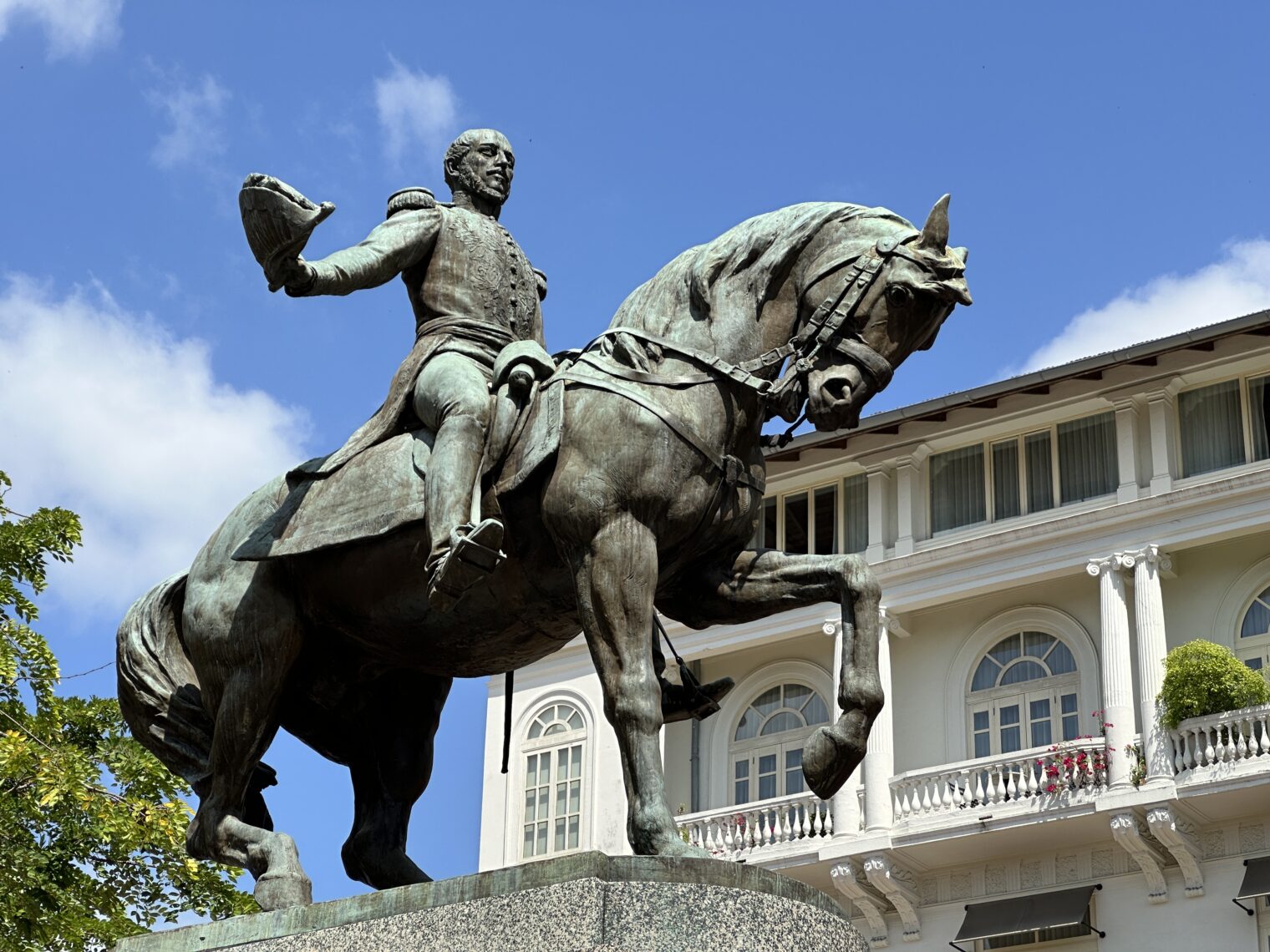
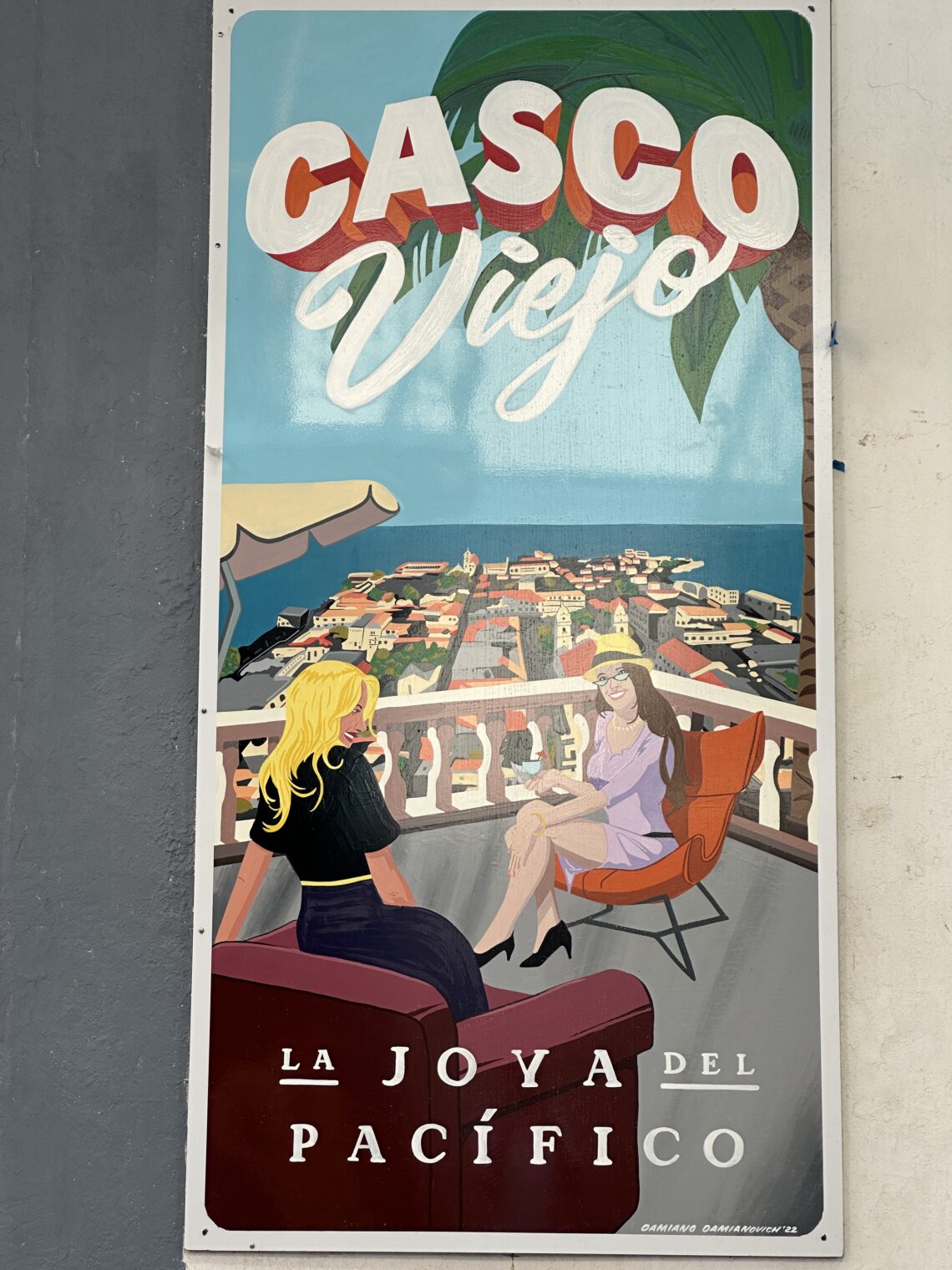
What pays for it all? Global commerce! Ships going through and also 500,000 containers per year being transferred to another ocean via the Panama Canal Railway.
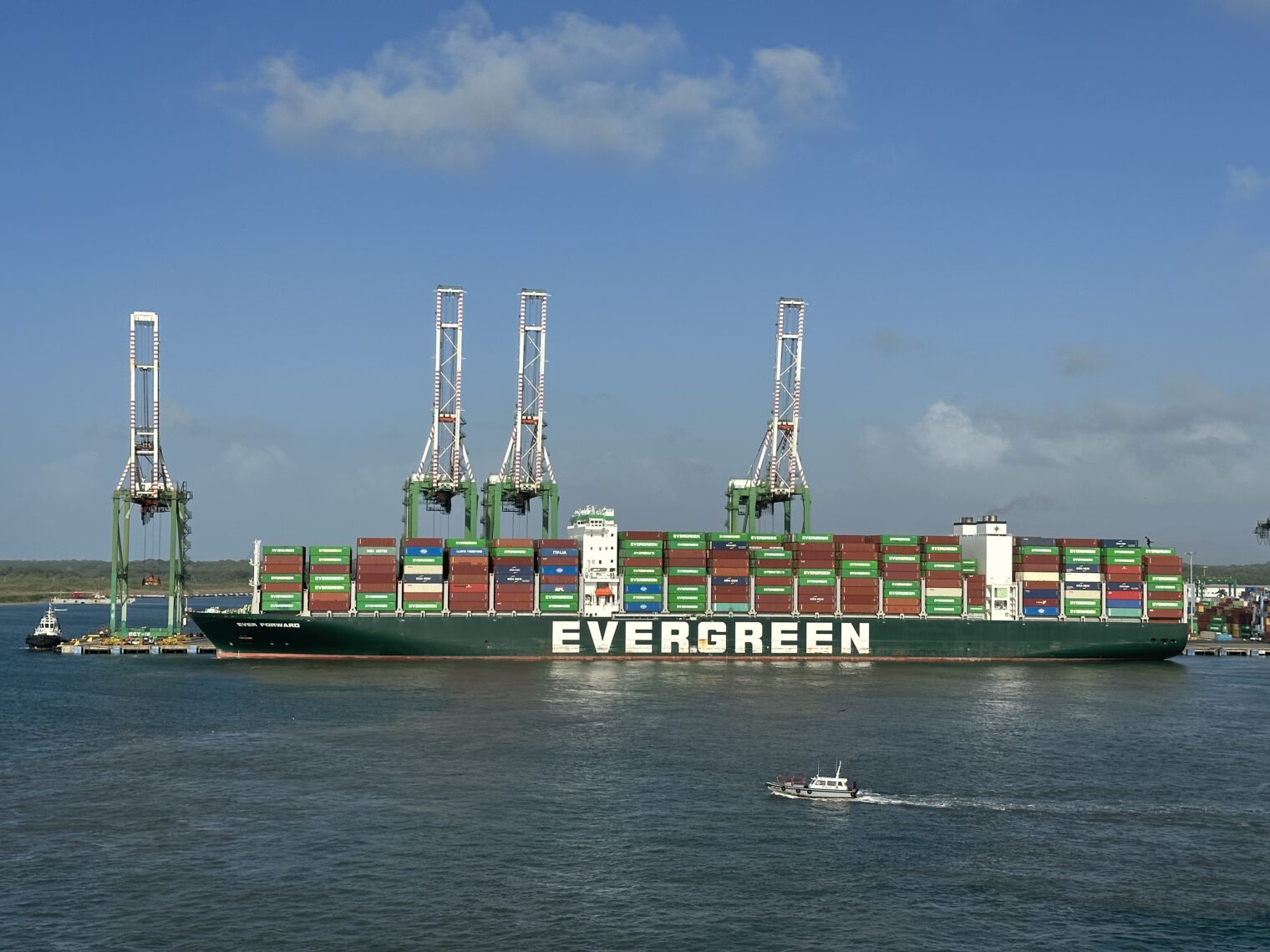
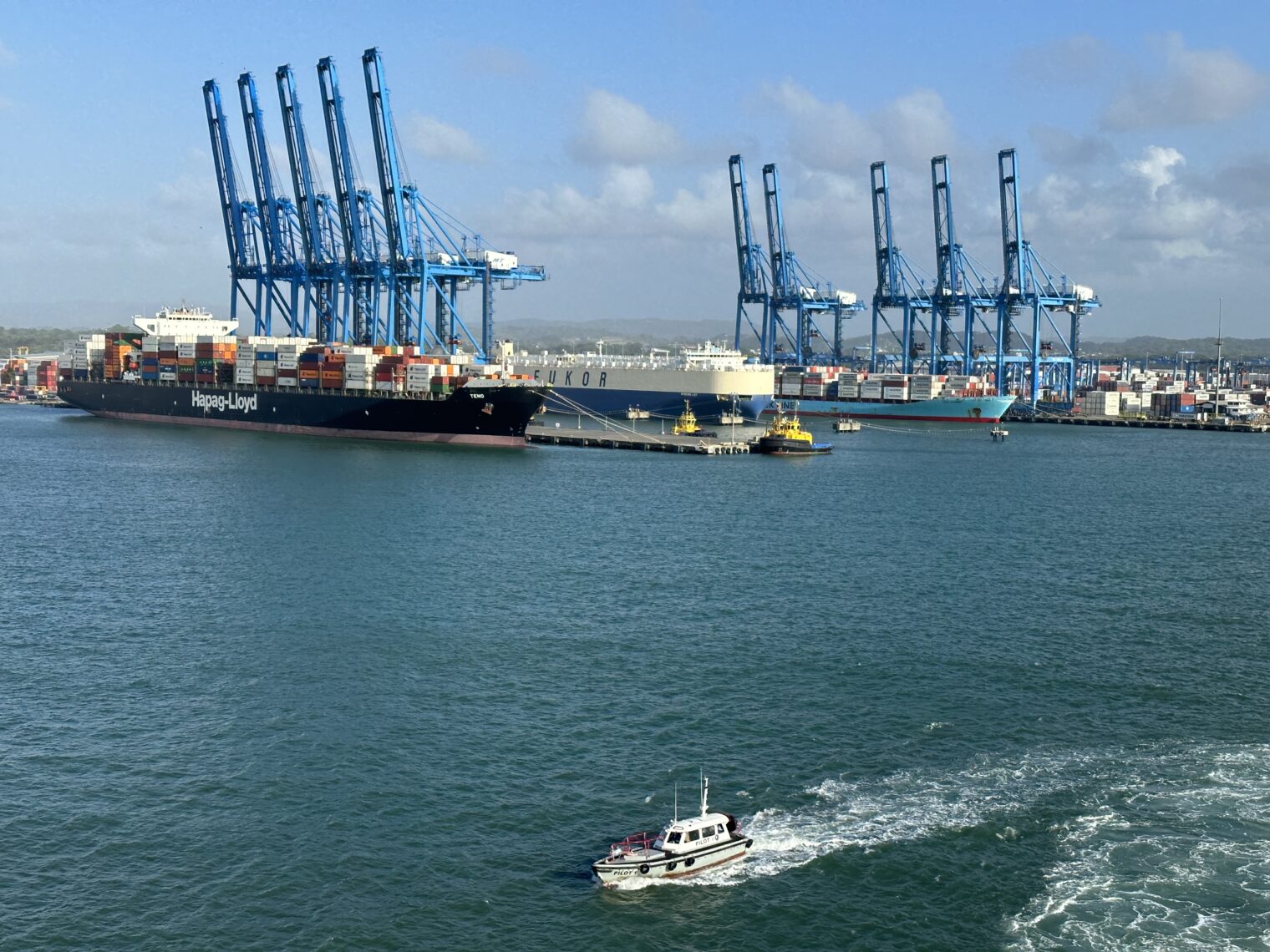
Related:
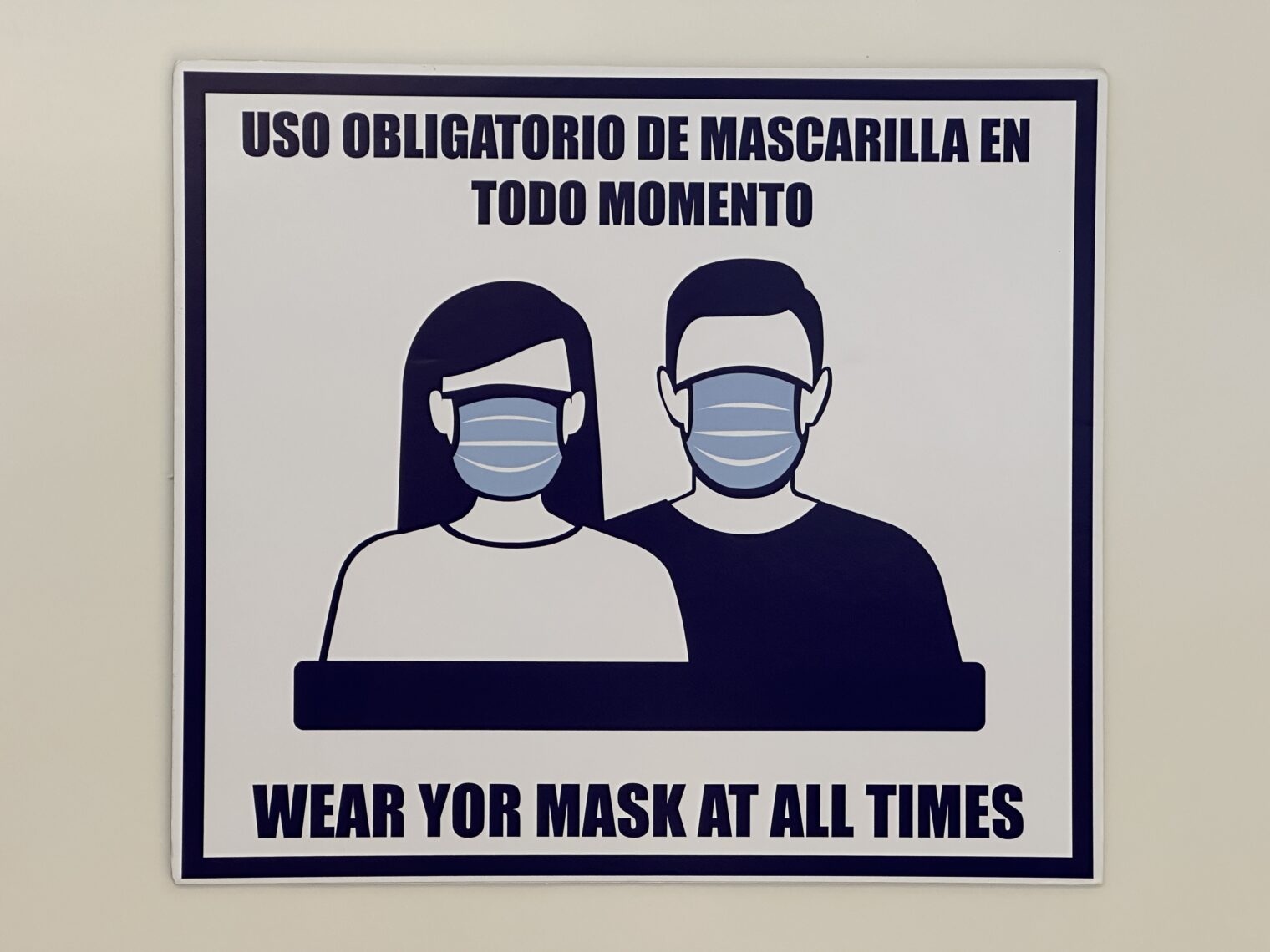
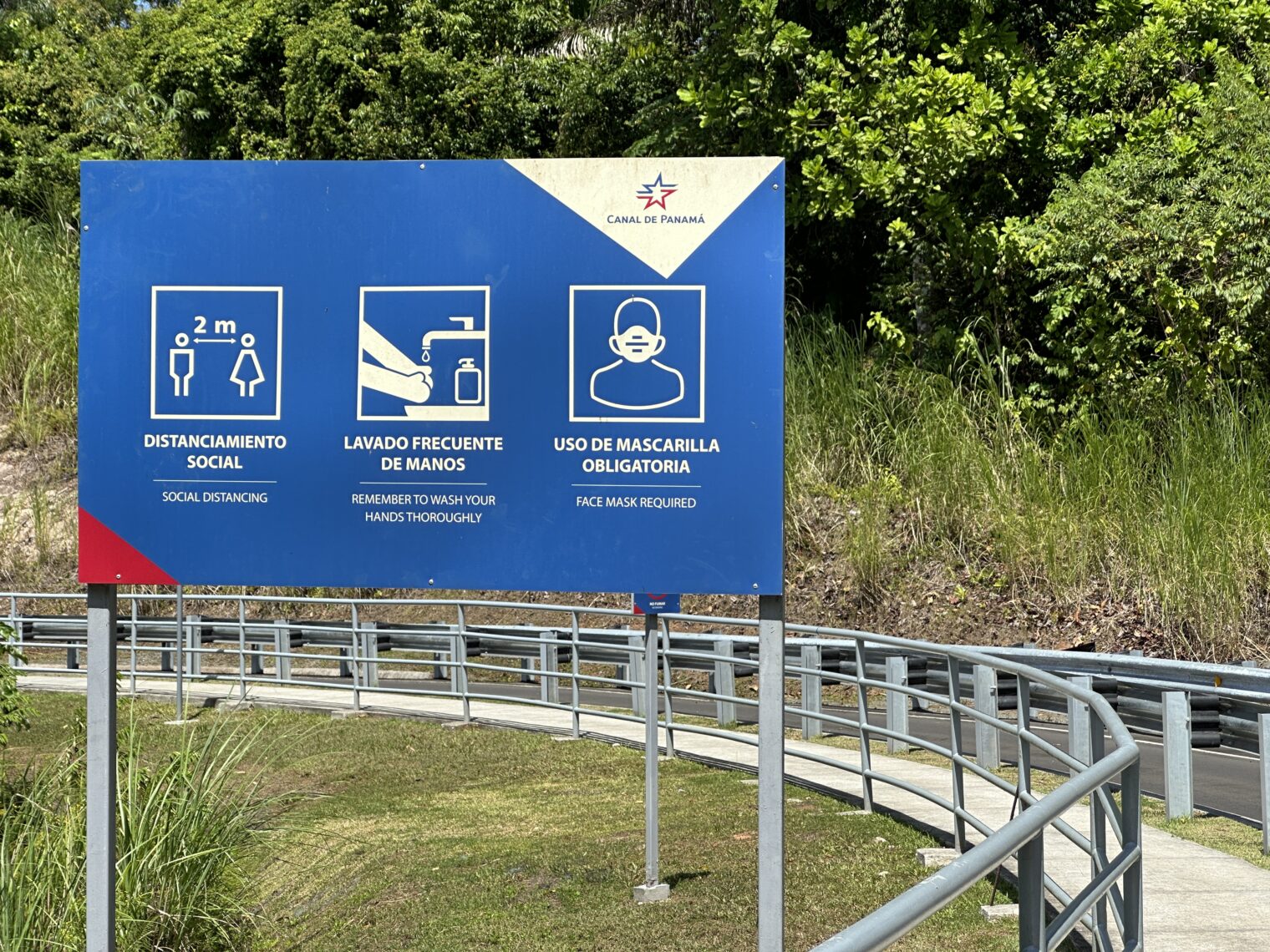
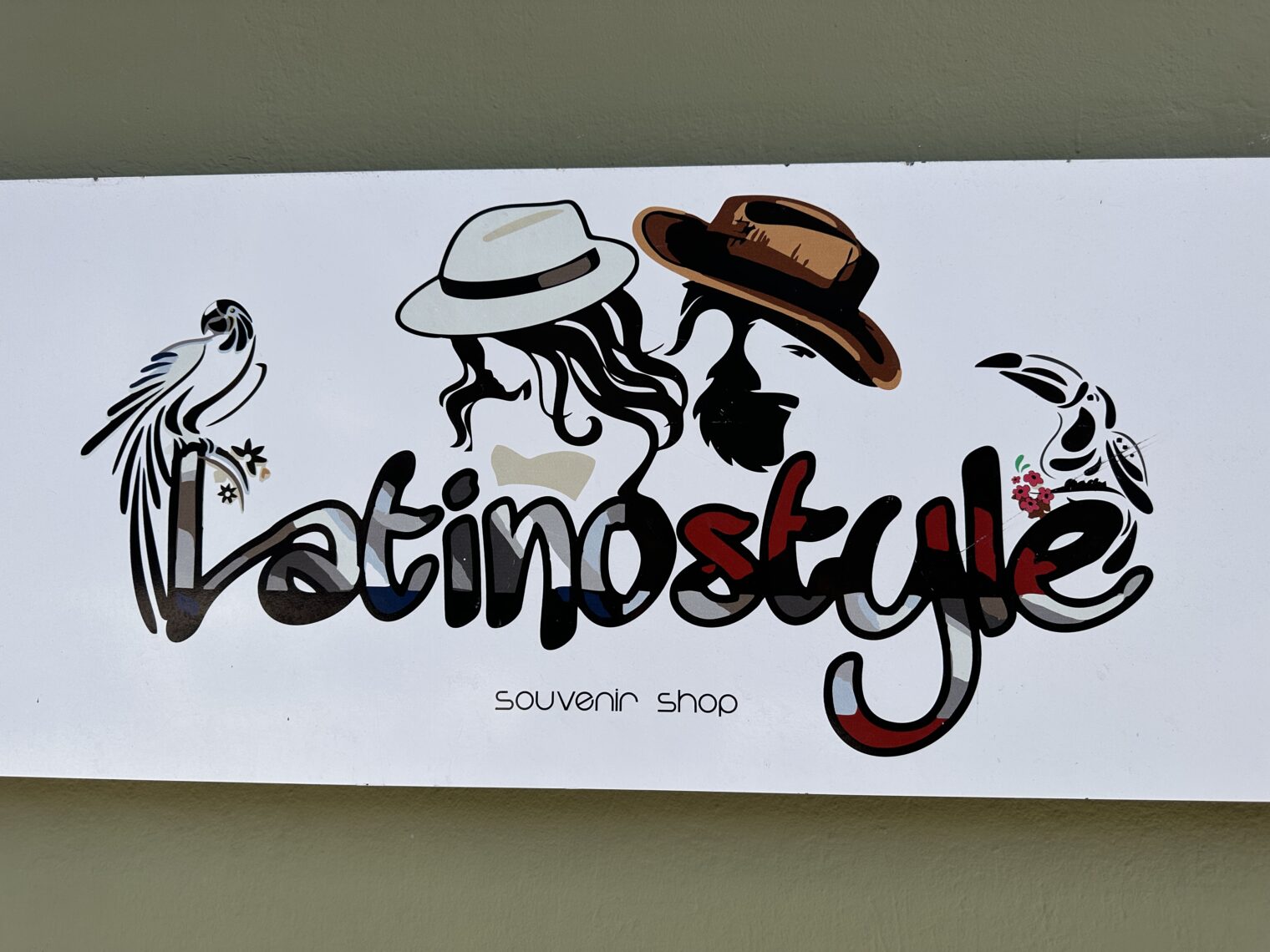
That ditch was once ours but now given away to the [Chinese] on the other side of the world.